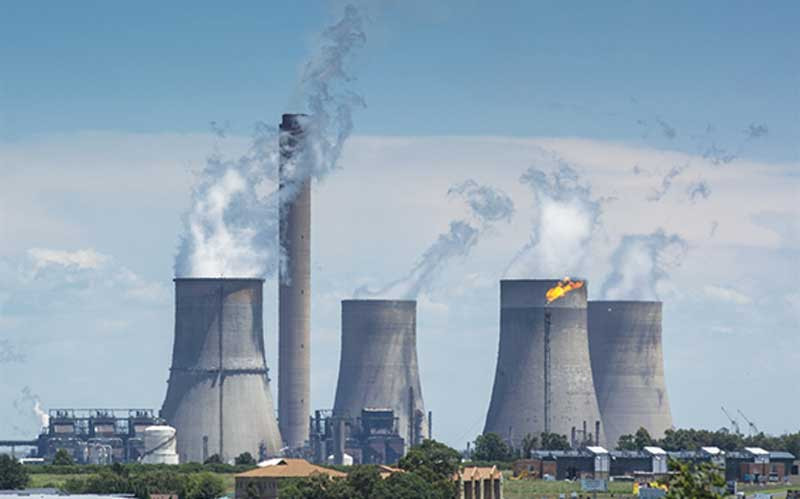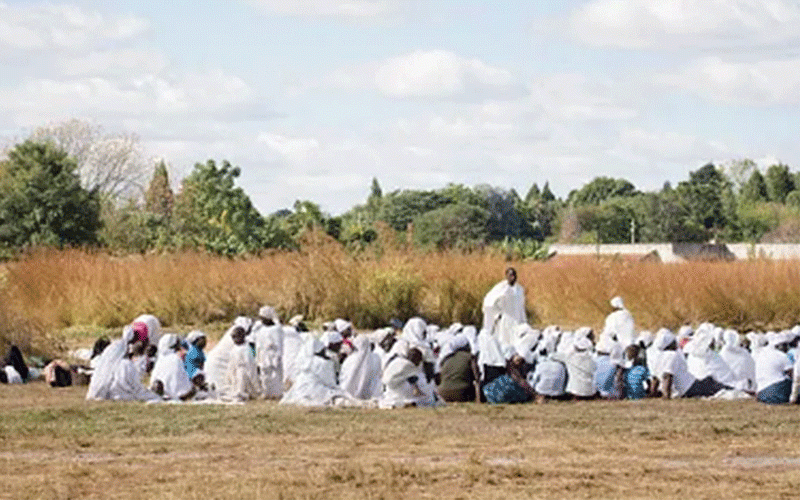
In our previous discussions, we delved into the root causes of climate change and its far-reaching consequences on our surrounding environment.
In the spirit of commemorating the World Environment Day that was last week on the 5th, Today, I am excited to share optimistic news that we can still effect change and safeguard our planet from further harm.
However, achieving this requires decisive action on both an individual and collective scale. Mitigation and adaptation are crucial strategies in our fight against climate change. Understanding these approaches is critical to our collective efforts. Mitigation means taking action to reduce or prevent the release of greenhouse gases, which helps lessen human activities' impact on the Earth's climate.
Greenhouse gases are gases in the earth's atmosphere that trap heat. They contribute to the greenhouse effect, which is the warming of the earth's surface. Common greenhouse gases include carbon dioxide (CO2), methane (CH4), nitrous oxide (N2O), and fluorinated gases.
Mitigation involves using renewable energy, improving energy efficiency, practising sustainable agriculture, and planting trees to absorb carbon dioxide. Every individual has a role to play in supporting climate mitigation efforts. Here are some actionable steps that we can take to contribute to the cause:
Embrace renewable energy: Transitioning to renewable energy sources such as solar, wind, or hydroelectric power can significantly reduce our carbon footprint. Individuals can explore installing solar panels at home, supporting community renewable energy projects, or opting for green energy plans from utility providers.
Reduce energy consumption: Conserving energy is crucial for mitigating climate change. Simple actions like turning off lights when leaving a room, using energy-efficient appliances, and improving home insulation can make a meaningful impact. This is why, for a time, in Zimbabwe, we saw a campaign to replace old bulbs with new energy-efficient bulbs.
Rethink transportation: Another way is to minimise reliance on fossil fuel-powered vehicles. This involves carpooling, using public transportation, biking, walking, or investing in electric cars where feasible.
- Why are we still pitting jobs against public health?
- Jurgen Klopp: Liverpool manager signs new two-year contract extension at Anfield until 2026
- COP27: Zimbabwe’s opportunity to shine
- Shot in the arm for Chiredzi, Bikita communities
Keep Reading
Support sustainable practices: Embracing sustainable lifestyle choices, such as reducing meat consumption, minimising food waste, and choosing products with minimal packaging, can help lower greenhouse gas emissions.
Advocate for change: Individuals can also support climate mitigation efforts by raising awareness, engaging in discussions, and advocating for policies that promote sustainability and environmental protection at local, national, and global levels. I am doing my part in this column, as are you, by reading and learning about these issues. I hope you will also share this with others so that we know more about these issues.
Plant trees and support conservation efforts: Trees play a vital role in capturing carbon dioxide. Supporting reforestation initiatives, participating in tree-planting events, or contributing to organisations focused on environmental conservation are impactful ways to mitigate climate change. A tree a day makes a forest, and we all have a role in making forests that can sustain our lives.
Although most people think that mitigation processes are much higher than just us general citizens, it's important to note that every action counts in the fight against climate change, no matter how small.
By making conscious choices and advocating for sustainable practices, individuals can collectively contribute to mitigating the impacts of climate change and safeguarding our planet for future generations.
The second approach is adaptation, and Climate adaptation refers to adjusting to climate change's current or expected effects to minimise its damage, take advantage of potential opportunities, and cope with the consequences.
To adapt to changing climate, we must use strategies and actions to make our communities more robust and less vulnerable. Some examples of these measures are building strong infrastructure, growing crops that can survive droughts, protecting against floods, and setting up systems to warn us about extreme weather.
While mitigation efforts focus on reducing the causes of climate change, adaptation measures are essential for coping with the existing and anticipated impacts.
Here are some practical actions that individuals and communities can take to promote climate adaptation:
Raise awareness: Educating oneself and others about climate change's effects and the importance of adaptation is crucial. By spreading awareness, individuals can inspire collective action and promote a better understanding of the need for adaptation measures.
Support sustainable land use: Encouraging sustainable land management practices, such as protecting natural habitats, promoting regenerative agriculture, and preserving wetlands, can help ecosystems adapt to changing conditions and support biodiversity. We delved further into this topic in last week's column. If you missed it, we discussed the importance of frogs, bees, and dragonflies in our ecosystem despite their small and seemingly insignificant appearance.
Advocate for resilient infrastructure: It is essential to support and advocate for the development of resilient infrastructure that can withstand the impacts of climate change, such as extreme weather events such as floods. This includes investing in flood protection measures, building climate-resilient homes and structures, and incorporating green infrastructure solutions.
Embrace water conservation: Given the anticipated changes in rainfall patterns, promoting water conservation and efficient use of water resources is crucial for adapting to potential water shortages and droughts. Individuals can conserve water at home, support initiatives for water-efficient agricultural practices, and advocate for sustainable water management policies.
Promote climate-resilient agriculture: For agro-based economies like ours, Supporting and engaging in sustainable farming practices that enhance soil health, conserve water, and promote crop diversity can help farmers adapt to changing climate conditions and reduce the risk of crop failures due to extreme weather events.
Foster community preparedness: Building community resilience through disaster preparedness planning, early warning systems for extreme weather events, and establishing local response mechanisms can help communities adapt to and cope with climate-related disasters.
An important aspect to consider when setting these local mechanisms is to ensure that they are inclusive of often marginalised people, such as persons with disabilities.
The concept of resilience is very important, and a great way to explain resilience, based on my experiences with communities, is the ability to bounce back. It's like trying to force a football into a bucket of water — no matter how hard you push it down, it always bounces back to the top.
So, with resilience, communities always bounce back, no matter how hard they are hit by climate change's impacts.
Encourage research and innovation: Supporting research and innovation in climate adaptation technologies, such as drought-resistant crops, climate-resilient building materials, and innovative water management solutions, can drive progress in addressing the challenges posed by climate change.
Promote green spaces and urban planning: Advocating for green urban spaces, sustainable urban planning, and incorporating green infrastructure in cities can help mitigate the urban heat island effect and enhance urban areas' resilience to climate change impacts.
By taking these actions and promoting climate adaptation measures, individuals can contribute to building a more resilient and adaptable society in the face of climate change. Collaboration and collective efforts are essential in promoting adaptation and safeguarding communities and ecosystems from the impacts of a changing climate.
As the article explored, mitigation and adaptation are crucial components in addressing the challenges posed by climate change.
By taking collective and individual actions to mitigate greenhouse gas emissions and adapt to changing climate conditions, we can work towards building a more sustainable and resilient future for our planet.
Everyone needs to play a part in advocating for and implementing these measures to safeguard the environment for current and future generations.
- Muyambwa is a development practitioner and researcher with expertise and research interests in democracy, natural resource governance, climate change and youth participation. He has extensive experience working on climate change, economic governance and youth participation using gender-sensitive, gender-responsive and gender-transformative approaches. — farieda lie@gmail.com






